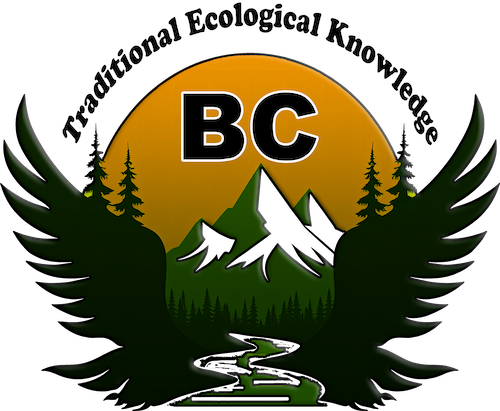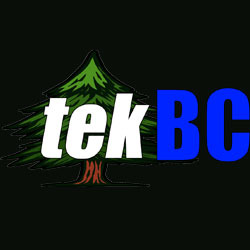Based on the 4DEE Framework document, "Living Landscapes" is an Ecological Literacy course broken down into a comprehensive format that covers core ecological concepts, ecology practices, human-environment interactions, and cross-cutting themes. The course will be delivered over 4 days online, 2 hours per day, with an in-person session on the 5th day.
Curriculum
- 4 Sections
- 0 Lessons
- 5 Days
Expand all sectionsCollapse all sections
- Session 1: Introduction to Ecology and Core Concepts Objectives:0
- Session 2: Ecosystems and Landscapes0
- Session 3: Ecology Practices and Fieldwork0
- Session 4: Human-Environment Interactions0
The course is designed for undergraduate and graduate students in environmental science and related fields, professionals seeking to enhance their ecological knowledge, nature enthusiasts, and community leaders involved in environmental planning and policy.
While there are no strict prerequisites, having a basic understanding of ecological principles or related sciences is beneficial. Participants should have access to a computer with internet connectivity and basic computer literacy skills.
The course includes a variety of assignments and activities such as virtual labs, fieldwork simulations, data analysis exercises, GIS-based projects, and group discussions. There is also an in-person field trip on the final day to apply practical skills learned during the online sessions.
The in-person session, held on the fifth day, will include a field trip to a local ecosystem for hands-on learning, field assessments, and habitat evaluations. This session also features workshops and round-table discussions to integrate and apply the knowledge gained from the online modules.
Requirements
- Access to a computer with a reliable internet connection. Basic computer literacy skills. Ability to use online learning platforms and software (e.g., Zoom, Google Classroom, or other LMS).
- Familiarity with basic ecological concepts (recommended but not required).
- Active participation in all online sessions and discussions.
- Engagement in the in-person session, including field trips and workshops.
Features
- Comprehensive Curriculum
- Interactive Learning Experience
- Multidisciplinary Approach
- Expert-Led Instruction and Collaborative Projects
Target audiences
- Students: Undergraduate and graduate students in environmental science, biology, geography, and related fields.
- Professionals: Environmental educators, conservationists, park rangers, and ecological researchers seeking to enhance their ecological literacy.
- Enthusiasts: Individuals with a strong interest in ecology and environmental science, including citizen scientists and nature enthusiasts.
- Community Leaders: Policy makers, urban planners, and sustainability advocates aiming to integrate ecological principles into their work.

